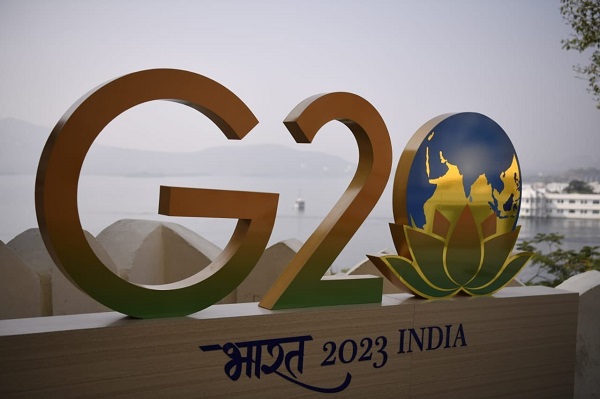Chandigarh, (Samajweekly) Strengthening and reforming multilateral development banks and ways to address implementation challenges associated with the G20 Common Framework for Debt Treatments beyond Debt Service Suspension Initiative (DSSI) were among the issues deliberated at the first meeting of the International Financial Architecture Working Group that concluded here on Tuesday.
The focus of the group “is to support global action for enhancing financing for development as well as strengthen international financial institutions to support vulnerable countries to deal with challenges posed by trans-boundary challenges”, an official statement said.
The discussions in this meeting will inform the First G20 Finance Ministers and Central Bank Governors meeting under the Indian presidency to be held on February 24-25 in Bengaluru, it said.
The meeting of the International Financial Architecture Working Group was dedicated to discussing solutions to vulnerabilities in the international financial system, enhancing financing for development, and strengthening the international financial architecture.
It was inaugurated by Agriculture and Farmers Welfare Minister Narendra Singh Tomar and Food Processing Industries Minister Pashupati Kumar Paras.
Welcoming the delegates to Chandigarh, the ministers, in their inaugural addresses, reflected on the spirit of Indian Presidency’s theme of “Vasudhaiva Kutumbakam”: “One Earth, One Family, One Future”.
The meeting was co-chaired by France and South Korea.
The Indian Presidency was represented in the meeting by the Department of Economic Affairs, Ministry of Finance, and the Reserve Bank of India.
It was conducted over two days with the aim of seeking the views of G20 members on the agenda for the International Financial Architecture Working Group under the Indian G20 Presidency.
A panel discussion was also organised on the sidelines of the meeting on “Central Bank Digital Currencies (CBDCs) — Opportunities and Challenges”.
The objective of the side-event was to share country experiences on CBDCs and develop a deeper understanding on their macroprudential implications.
The meeting saw participation of nearly 100 delegates from G20 member countries, invitee countries, and international organisations.
The presence of the G20 delegations, invitees and international organisations in Chandigarh demonstrated the strong commitment of the global community to support India’s G20 Presidency, said the statement.
The delegates were also provided an opportunity to experience the vibrance of Chandigarh. A polo match was organized for the delgates on January 29. Visits to Chandigarh’s famous locations were organised for the delegates.
They were also provided an opportunity to have a taste of this city’s cuisine and art. Dance and musical performances rooted in the multi-cultural setting of Chandigarh showcased India’s cultural diversity.










